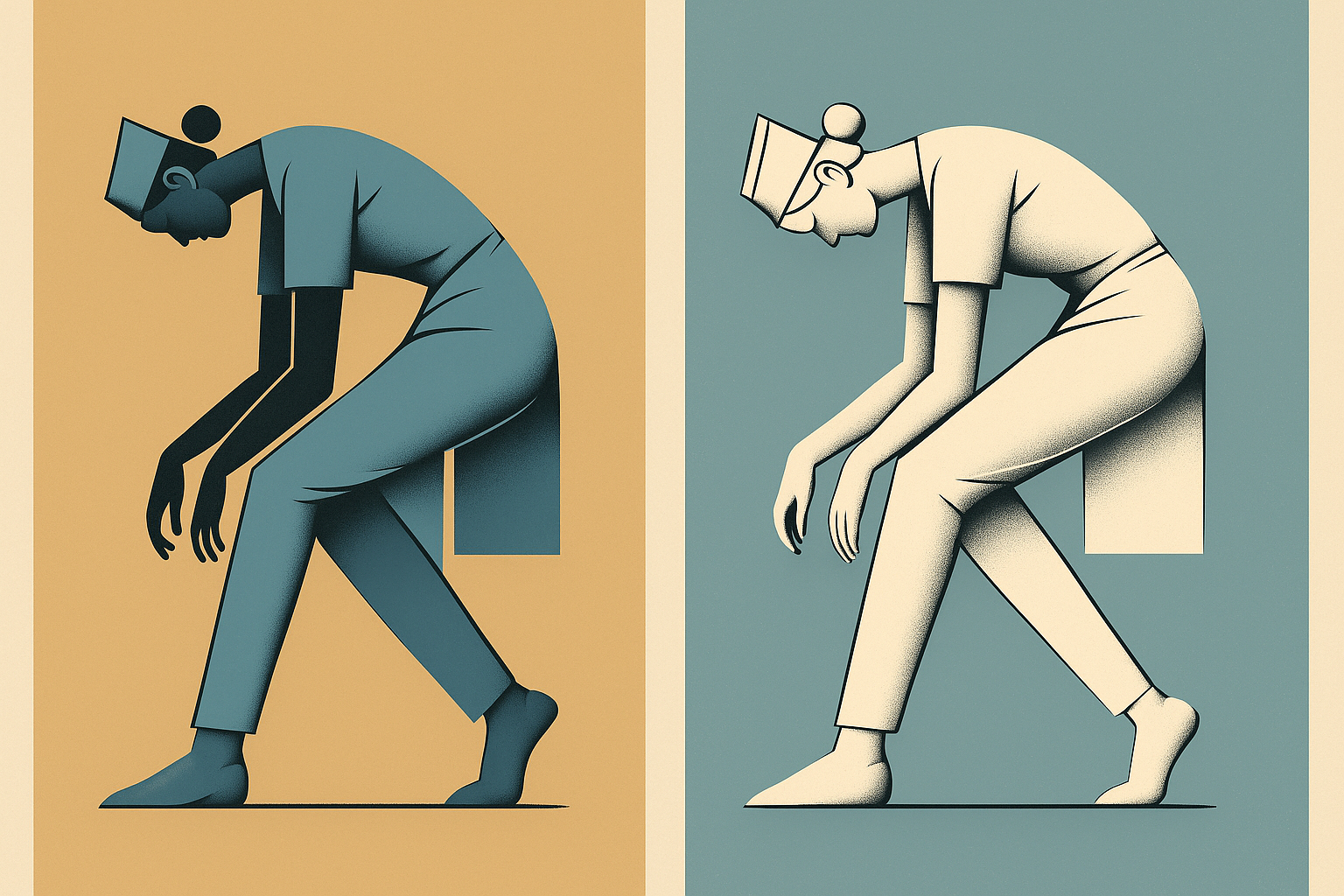Recently, entire occupations have been granted the label of “heroes”. For example, during the recent COVID-19 pandemic, as well as in previous health crises (such as the SARS and H1N1 pandemics), healthcare workers were applauded – sometimes literally – as “heroes”. Military personnel in the US, but also in the UK, are often called “heroes”. So are police, firefighters, and other first responders.
What are the causes and consequences of perceiving heroism in professional occupations?
Funded by the Leverhulme Trust, this research project explores how being part of an occupation framed as ‘heroic’ can be both a blessing and a curse.
This two-year project deploys a set of correlational and experimental studies using large representative UK samples to investigate the consequences and causes of perceiving occupations as heroic. By holding our research to high standards of transparency and rigor, we aim to demonstrate that applying hero rhetoric to groups of workers in crisis situations might come with important social costs: enabling the exploitation of the workers and making their misconduct more socially acceptable.
All the studies conducted within this project will be pre-registered. Data, codes, and material will systematically be publicly shared online. In addition, we will upload reports on each step of the research project (See Project Milestones).

